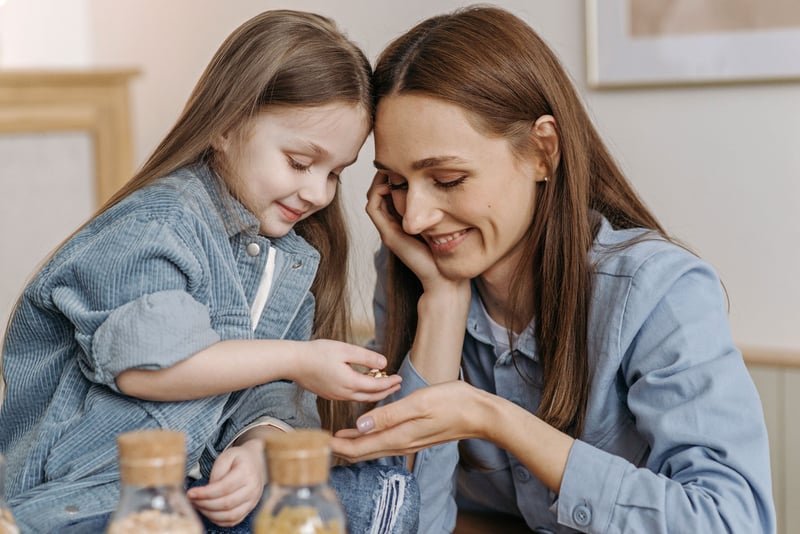
The links between school achievement and parents’ ability to talk with kids from a young age are now well established.
The language stimulation children receive when they talk with parents is one factor. But engagement in conversation with parents benefits kids in a far broader sense.
In many ways it is through conversations that kids get a real sense of us as parents. It is through talking with kids that we impart some of our knowledge, ideas, wisdom and thoughts while also gaining access to a window into their worlds and the way they think.
In the current age of digital distraction, talking with children and young people can be a challenge. Busy schedules, homes designed for individual enjoyment rather than group living, a plethora of screens competing for attention and kids that clam up at the first sign of a chat are some of the conversation blockers parents must overcome.
You need to be cunning, proactive and inventive to get some chat going at home. These are some ideas that will help.
Turn screens off
Are you competing with televisions, computers and electronic games for your kids’ attention? If so, take control of the screens to create some conversational space. Start with a screen-free day each week or screen-free hour each day if you have a home full of young hard-core screen junkies.
Turn screens on
If you can’t beat them, join them. Some television programs provide great conversational fodder, particularly for older children and teens. Topics can range from “Who’s going to win My Kitchen Rules?” or “What happens to the winners of My Kitchen Rules?” to “What is the point of My Kitchen Rules?”
Have regular mealtimes
The family that eats together talks together. Meals are great social occasions – more than just refueling stops. They provide terrific opportunities for families to get together and talk. It’s no coincidence that families who enjoy and appreciate food generally enjoy close relationships as well. However, for this to work it’s important that meals are screen free, so turn off the television and ban phones at the table.
Move more
If sitting and chatting is not your child’s thing then try to get some action happening. Boys, in particular, tend to talk more when they are playing, walking or involved in activity with an adult.
Talk with kids on their own turf
Many children will open up in the privacy of their own bedroom where they tend to feel more relaxed and secure. If you have something important to discuss then choose a comfortable place and a time that promotes good conversation.
Try shoulder-to-shoulder parenting
Travelling together in a car with the radio off, washing the dishes together or playing a game can all provide opportunities for talk. Paradoxically, many teenagers will talk more when they don’t have to concentrate or make eye contact with the other person. That’s why cars can be great conversation catalysts for parents.
Every family has their own way of getting the talk happening. Figure out what works for you and make sure it happens. The best communication in families happens when no one is working at it, however busy modern families need to work on their communication rather than leave it to chance.
This article was reproduced with kind permission from Parenting Ideas.










